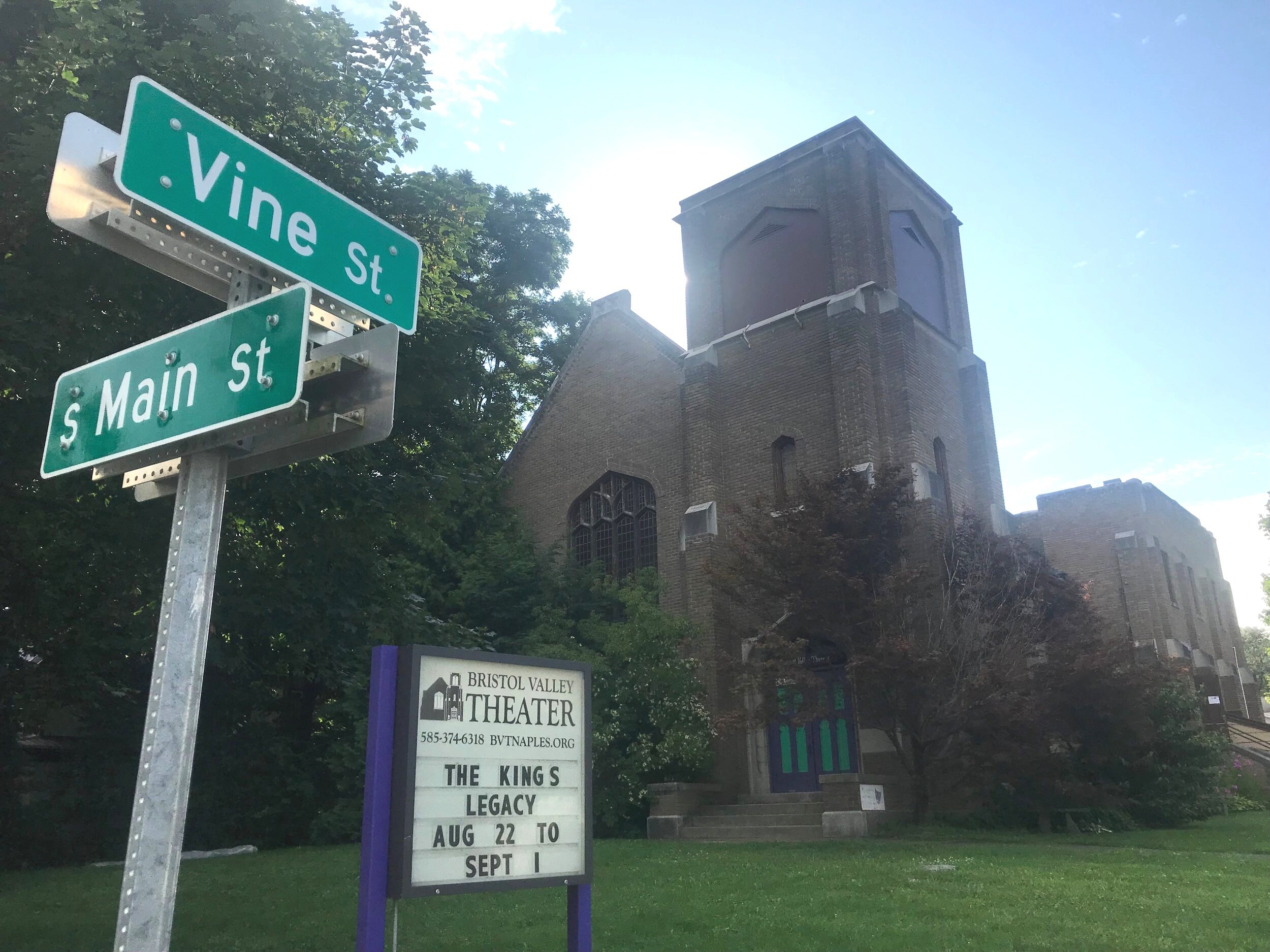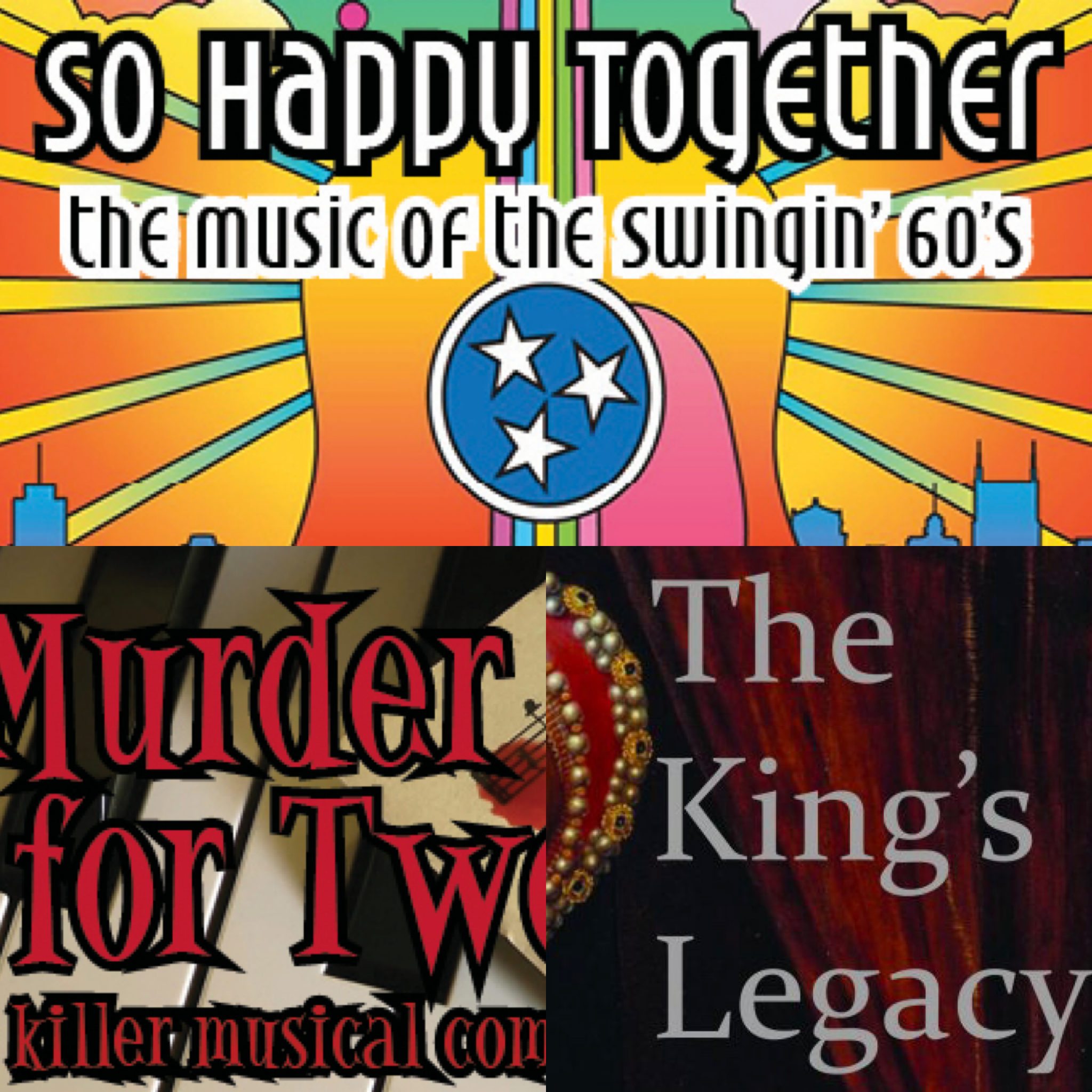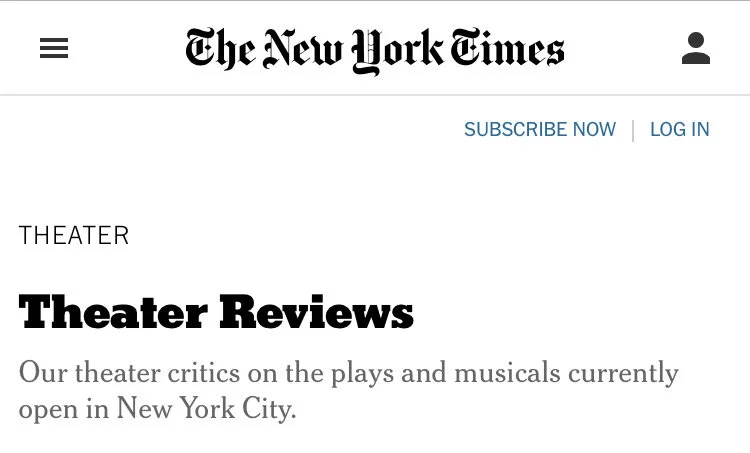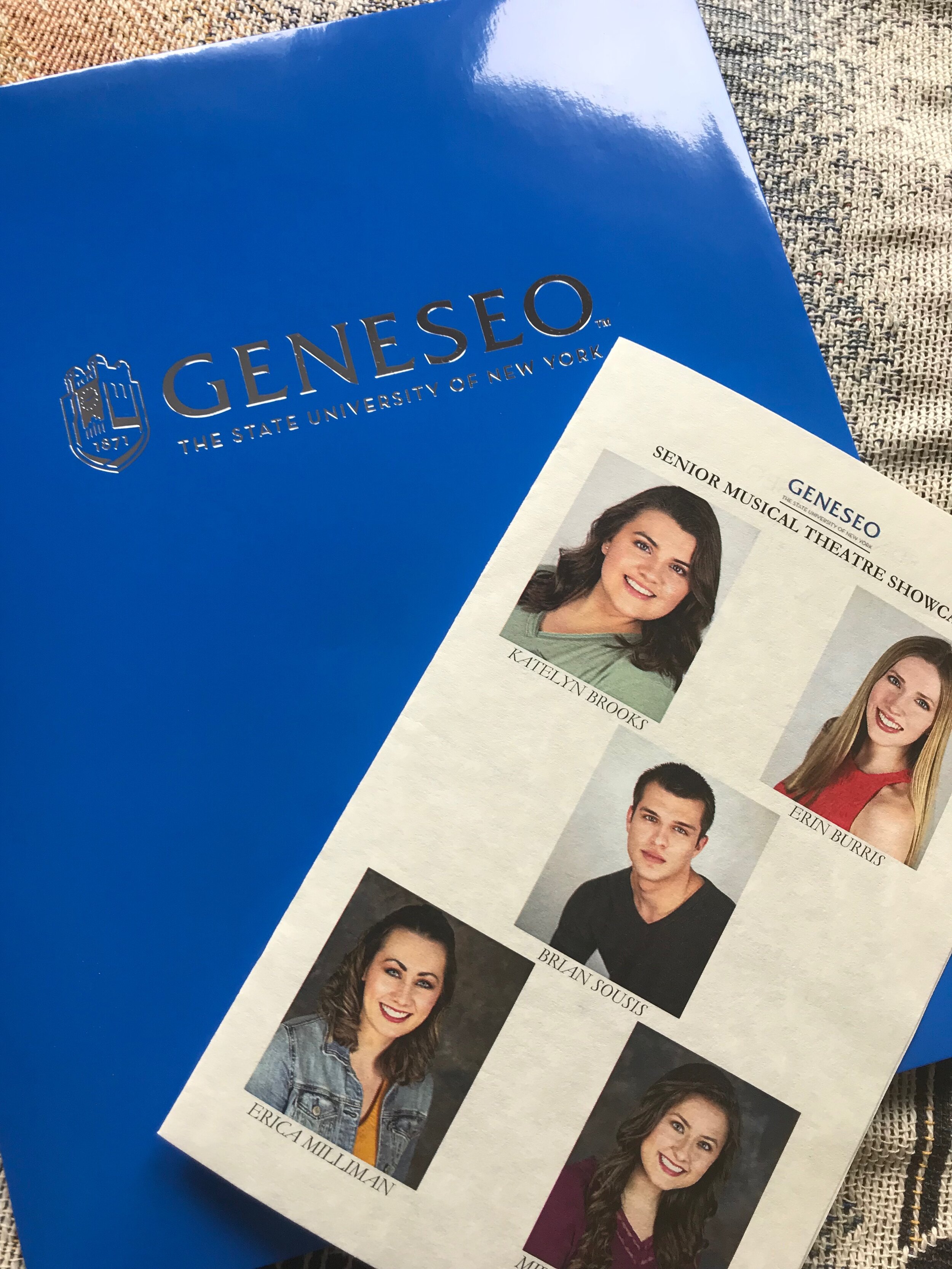If I had a nickel for every time I was asked this question, or even asked this question myself, I would have a very large number of relatively heavy and annoying coins.
But I do wonder - How often do people hear about a new musical or see a marquee and think this question to themselves? I mean, what makes a story ripe for adaptation into a musical? Why do some musicals seem like no-brainers, while others make us scratch our heads and think, “Huh. Really? That one?”
The Lehman Engel BMI Musical Theatre Writing Workshop answer to the question of what type of stories should be adapted into musicals is a relatively simple and subjective one: If you think there’s more within the story that should be told, and that music will enhance that storytelling, then it is likely adaptable into a musical. But if the story feels complete in its current form, and it doesn’t seem like music will enhance the piece and its purpose, it should probably be left alone.
Despite the subjective nature of this statement, I do think there’s truth to it. If you look at the types of stories that have been most successfully adapted into musicals (and most musicals are adaptations), the use of music in the storytelling has heightened the plots and characters, and filled in some invisible hole that helps the audience interact with the material.
This is the reason, I think, that certain stories see multiple attempts at musical adaptation. For a couple of examples, we have 2 adaptations of The Phantom of the Opera, 2 musicals of The Wild Party, and countless musical versions of Shakespeare’s plays (most of which have not worked well). Some stories feel as though they could be told well, or better, in musical theatre form and therefore multiple adaptations appear. Some are good, and some aren’t. Some use the original author’s intents, and some leave them behind.
Successful adaptation is a tricky process - and I know this from adapting one of the most-adapted stories in musical theatre, The Legend Of Sleepy Hollow. Approximately 5-6 musical versions of this story exist, but none of them has had great mainstream or commercial success. Yet. But why? What goes into this process?
Read More





















